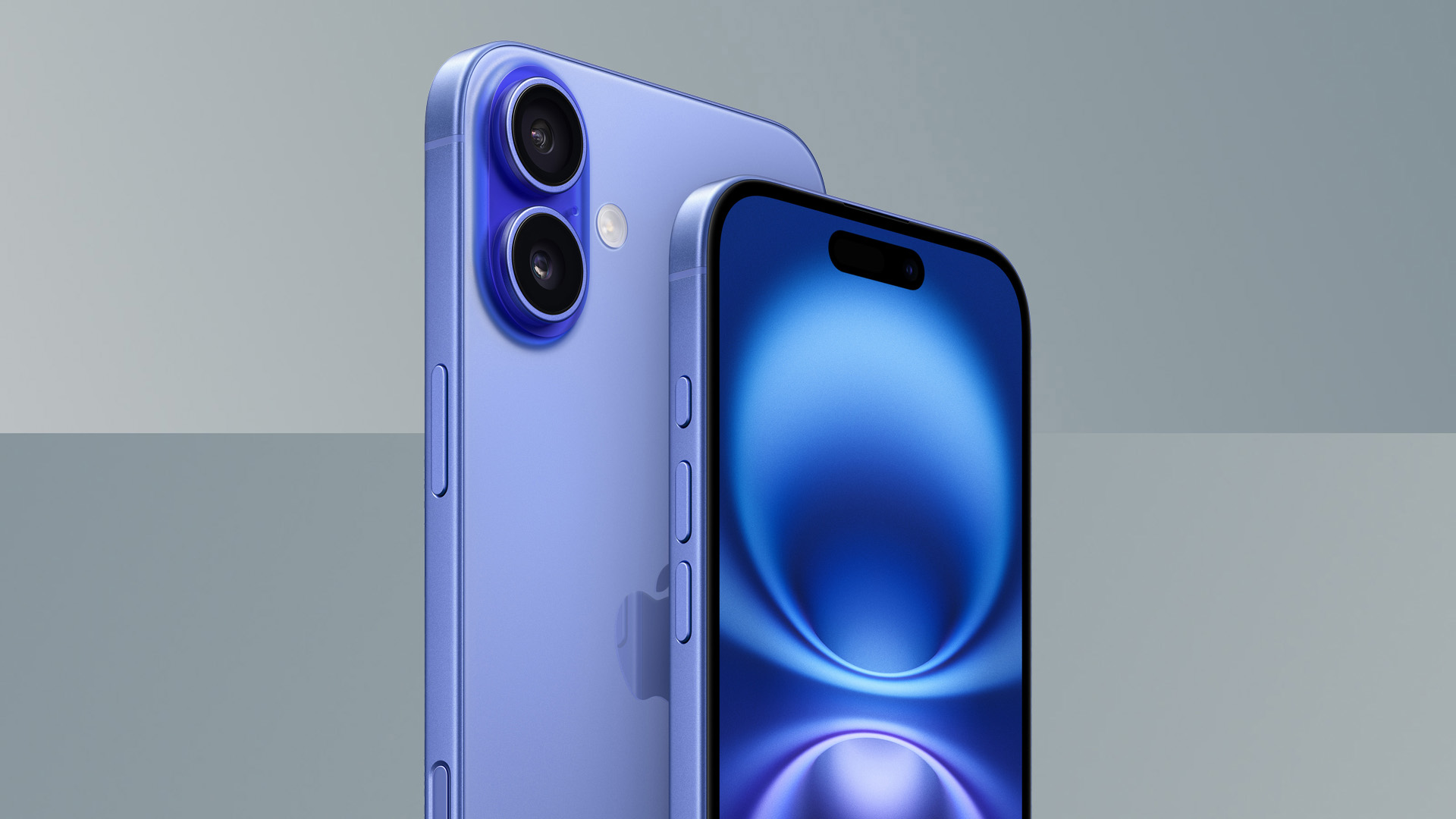
Apple has promised to change one of its most problematic features.
It comes after issues with major brands like the New York Times and the BBC.
It's hard to miss the swathes of AI surrounding us right now. It's a real buzzword within the tech industry, with all kinds of products now offering AI-powered features.
When it comes to the iPhone and other Apple products, that takes the form of Apple Intelligence. After a relatively muted start, the recent iOS 18.2 update saw a larger suite of features arrive for users.
However, it hasn't been entirely smooth sailing for the Cupertino-based company. Recently, the BBC became the latest company to complain about its notification summary feature.
That utilises the power of AI to create a single summary of multiple notifications in one pane. In principle, that could condense everything from an app like BBC News to bring you micro-bites of a headline without clogging up your notification panel.
In practice, things have been far more problematic. The complaint from the BBC came after a summary suggested Luigi Mangione had shot himself. That was confirmed to not only be untrue, but to contradict what was said in the article itself.
Since then, the broadcaster has also noted errors surrounding the winner of the World Darts Championship ahead of the final actually taking place, and suggesting that Spanish tennis player, Rafael Nadal, had come out as gay.
Now, Apple has promised to make changes. It hasn't quite gone as far as pulling the feature – something many had been calling for. Instead, they've announced that a feature update would be arriving within the coming weeks.
It's crucial to note, though, that this update isn't necessarily going to change the algorithm behind the feature. An Apple spokesperson told the BBC, "A software update in the coming weeks will further clarify when the text being displayed is summarization provided by Apple Intelligence."
That suggests that the change will simply say when something is created by Apple AI, rather than attempting to fix any misleading wording. That's an interesting choice from the brand – essentially choosing to own the mistakes of its feature rather than fixing them.
Whether it proves to be enough of a remedy will remain to be seen – and we'll certainly be keeping a close eye on the developments.







